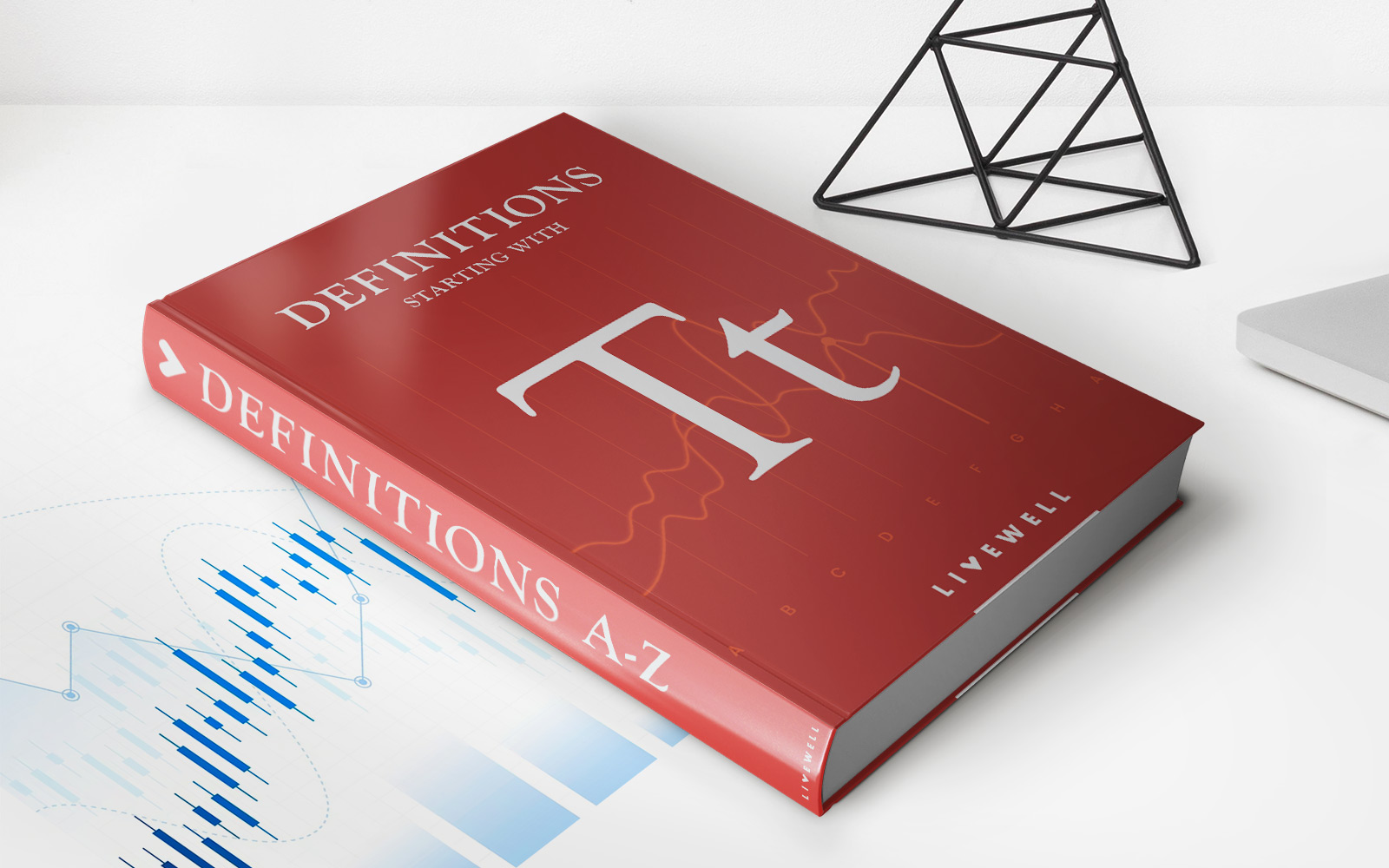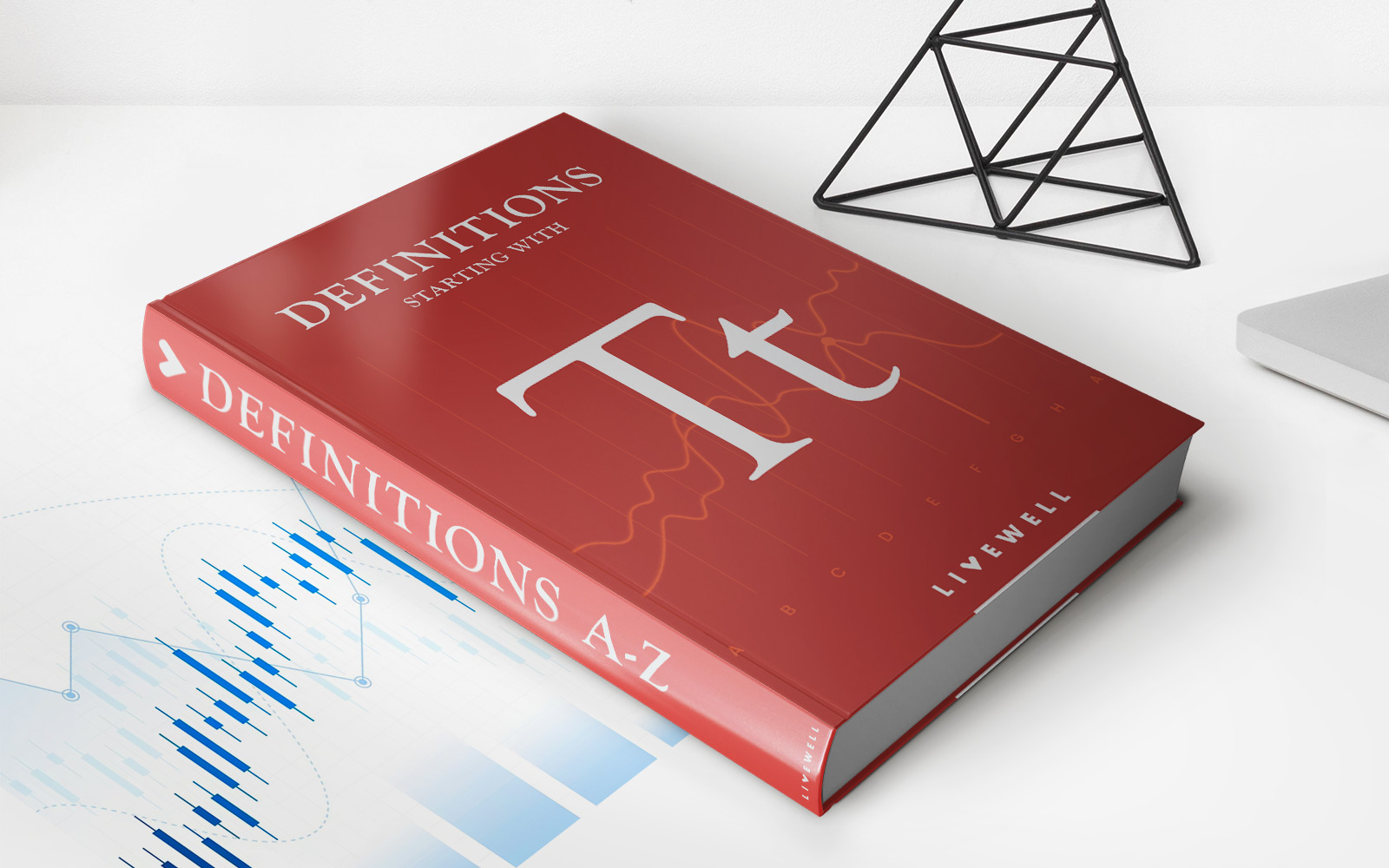Home>Finance>Protecting Americans From Tax Hikes (PATH) Act: Definition


Finance
Protecting Americans From Tax Hikes (PATH) Act: Definition
Published: January 13, 2024
Learn about the Protecting Americans From Tax Hikes (PATH) Act and its definition in finance, providing insight into important tax regulations. Protect your financial future with this comprehensive guide.
(Many of the links in this article redirect to a specific reviewed product. Your purchase of these products through affiliate links helps to generate commission for LiveWell, at no extra cost. Learn more)
Protecting Americans From Tax Hikes (PATH) Act: Definition
When it comes to navigating the complex world of finance, understanding the various laws and regulations is key to making informed decisions. One such law that has a significant impact on American taxpayers is the Protecting Americans From Tax Hikes (PATH) Act. In this blog post, we will delve into the definition of the PATH Act and explore its implications for individuals and businesses.
Key Takeaways:
- The PATH Act seeks to protect American taxpayers from tax hikes and provides a number of provisions aimed at stimulating economic growth and job creation.
- Important provisions of the PATH Act include the extension of certain tax credits, enhanced deductions for businesses, and increased penalties for non-compliance.
The PATH Act, enacted in 2015, is a comprehensive piece of legislation designed to provide long-term stability and certainty in the tax code. It contains a wide range of provisions that impact both individual taxpayers and businesses. Let’s explore some of the key features of this important law:
1. Extension of Tax Credits:
One of the crucial aspects of the PATH Act is the extension and modification of various tax credits. These credits, such as the Child Tax Credit, the Earned Income Tax Credit, and the American Opportunity Tax Credit, can provide significant benefits for eligible individuals and families. By extending these tax credits, the PATH Act aims to alleviate the tax burden on low-income and middle-class Americans, encouraging economic growth and financial stability for families.
2. Enhanced Deductions for Businesses:
Another important provision of the PATH Act is the enhancement of deductions for businesses. This includes the expensing of certain costs associated with business investments, such as equipment and property improvements. These enhanced deductions can help businesses reduce their tax liability and promote investment, ultimately driving economic growth and job creation.
In addition to these key takeaways, the PATH Act also includes measures to combat tax fraud and improve compliance. It increases penalties for tax identity theft, strengthens the oversight of tax return preparers, and enhances information sharing between the Internal Revenue Service (IRS) and tax preparers. These measures aim to protect taxpayers from fraudulent activities and ensure the proper enforcement of tax laws.
In conclusion, the Protecting Americans From Tax Hikes (PATH) Act is a significant piece of legislation that has a profound impact on American taxpayers. By providing extended tax credits, enhanced deductions for businesses, and increased penalties for non-compliance, this law aims to protect and promote the financial well-being of individuals and businesses alike. Understanding the provisions and implications of the PATH Act is crucial for making informed financial decisions and maximizing your tax benefits.














